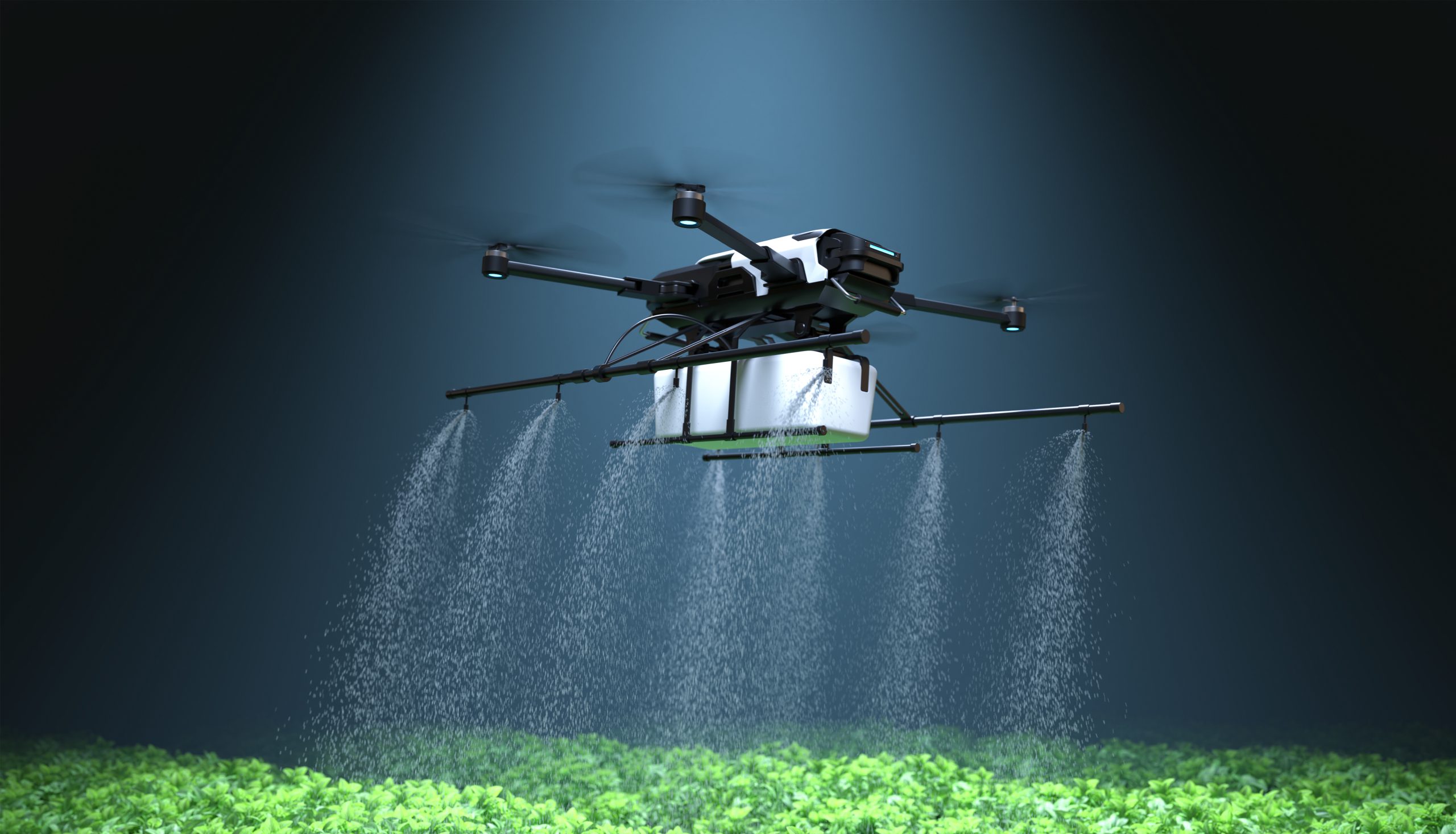The Fertilizer Shortage in Canada
The United Nations has warned that global food production in 2023 may not be able to respond due to improper use of fertilizer and its lack. According to the UN report, the price of fertilizer will double this year, so farmers, especially in Canada, should be careful with their fertilizer use.
Farmers in eastern Canada are most affected because about 660,000 to 680,000 tons of nitrogen fertilizer is imported into the region annually from Russia, the world's largest producer of chemical fertilizers.
In addition, a 35 percent tariff was slapped on Russian products, including fertilizers, in Canada in March, according to Russia's invasion of Ukraine. This problem did not allow Canadian farmers to look for alternative sources of fertilizer. In eastern Canada, up to 90% of fertilizer is supplied from Russia.
The increase in prices and the decrease in fertilizer exports from Russia and China have caused a lack of fertilizer and concerns about agricultural production.
Canada's role in producing and exporting agricultural products
Canada is the eighth largest exporter of agricultural products in the world. This country is a major producer of wheat and is one of the largest exporters of leguminous products such as peas and beans in the world. Therefore, the production of Canada, which is affected by the fertilizer shortage, does not only affect this country but affects the whole world. After the Russian invasion of Ukraine, demand for Canadian products increased in countries such as Turkey, Algeria, and Tunisia.
What are the solutions for fertilizer shortage?
Farmers could reduce their fertilizer needs by planting more soybeans and less corn. The Canadian government proposes to reduce the use of chemical fertilizers, which can help reduce greenhouse gas emissions by 45%.
Helping the development of new technologies and reducing the use of chemical nitrogen fertilizers can help in this direction, it will both solve the problem of fertilizer shortage and help improve the climate.
One of these solutions is the development of microbial technology that supplies the daily nitrogen requirements of agricultural products such as grains. With this technology that captures atmospheric nitrogen in a form that plants can use, it reliably provides nitrogen to crops throughout the growing season.
What will the Canadian government do?
Mark Reusser, vice president of the Federation of Agriculture of Canada, is concerned that there could be food shortages next year if farmers are unable to obtain fertilizer. According to him, global tariffs have increased the price of fertilizer in Canada, which affects the ability of farmers to grow crops and other food sources.
Reusser believes this could affect the variety of products shoppers see on grocery store shelves. He suggested that if fertilizer is limited, farmers should use it for crops that have the best yield. When any product is rationed, this issue is more likely to be dealt with.
As for fertilizer, Reusser believes that they should rethink their supply. Reusser believes this is a lesson, and the lesson is that Canada should probably look for ways to become self-sufficient in terms of fertilizer production.
Last word
In general, in addition to the problem of fertilizer shortage, there will be other problems in Canada. Grain prices are currently very high due to production and supply issues in Canada, which experienced a severe drought in 2021. The Canadian government should quickly provide solutions for these problems.



